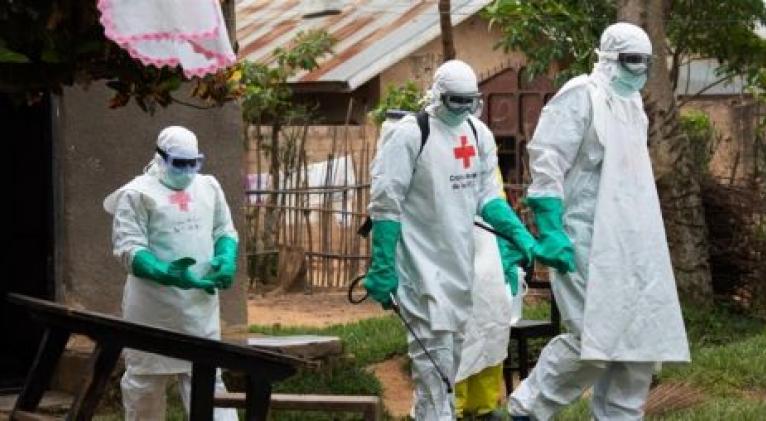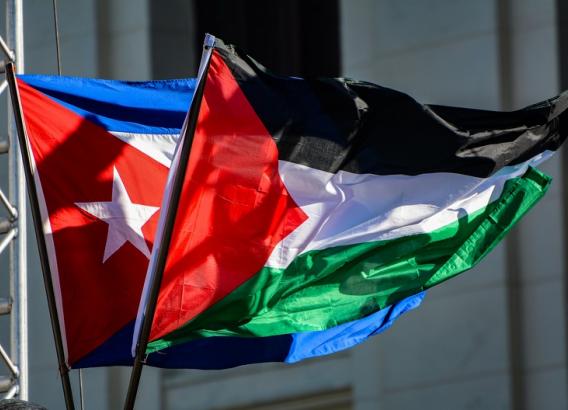WHO: One in four DR Congo Ebola cases could be going undetected

Second-worst Ebola epidemic on record 'certainly not under control', World Health Organization warns.
One-quarter of Ebola infections in the eastern Democratic Republic of the Congo's latest outbreak of the disease may be going undetected, the World Health Organization (WHO) has warned.
Michael Ryan, executive director of WHO's Health Emergencies Programme, said on Thursday the epidemic was "not out of control, but it is certainly not under control", with insecurity and community mistrust hampering emergency responders' efforts.
"We believe we are probably detecting in excess of 75 percent of cases. We may be missing up to a quarter of cases," Ryan said at a press conference in the Swiss city of Geneva.
"We must get earlier detection of cases, [and] have more exhaustive identification of contacts," he added.
More than 2,000 cases - involving 1,357 deaths - have been recorded since the epidemic started in the DRC's North Kivu and Ituri provinces in August.
The outbreak - the second-worst on record - reached 1,000 cases in March. It then took less than three more months to surpass 2,000, signalling a tripling in the rate of infection.
In a bid to contain its spread, health workers inoculated more than 130,000 people to date as part of a government-backed vaccination programme. The vaccine is experimental but is estimated to be 97.5 percent effective and, according to the WHO, may protect a person for up to 12 months.
Transmission slows
In a weekly update issued separately on Thursday, the WHO said there were "early signs" of an easing of the intensity with which the virus was spreading following weeks of insecurity that curbed access to communities and interrupted the vaccination programme.
There was a total of 88 confirmed cases in each of the last two weeks, down from a peak of 126 over a seven-day stretch at the end of April, according to WHO's update. A third of the identified cases were people who died without having being admitted to Ebola treatment centres.
Ryan said about 90 percent of people potentially exposed to the virus had agreed to be vaccinated, with WHO teams checking some 15,000 suspected contacts each day for symptoms.
"[But] it's not them that matter now, it's the 10 percent that don't, because all of our cases are coming from that group," he added.
Health teams have been unable to reach some areas because of violence by rebel groups, with scores of rival armed factions active in the region. More than 100 attacks on treatment centres and health workers have been recorded since the beginning of the year, according to WHO.
'We need a single voice'
Experts and aid agencies warned the situation for responders on the ground has become "poisoned" amid the violence and widespread community distrust over the epidemic.
According to a recent study by the Lancet Infectious Diseases journal, large segments of the local population believe the virus is a fabrication invented for the financial gain of business-owning local elites or to further destabilise the area.
Fewer than two-thirds of the nearly 1,000 respondents said they would take a vaccine for Ebola.
Ryan said risks to health workers had decreased of late, but he called on the DRC's political leaders to act in unison and build trust with impacted communities to end the epidemic.
"We need the government to reach out to the opposition, we need an 'all-party' approach... We need a single voice of leaders in [DR] Congo about this outbreak," he said.
The world's worst epidemic of Ebola, a haemorrhagic fever, killed about 11,300 people in West Africa as it raced through Guinea, Sierra Leone and Liberia from 2013 to 2016.














Add new comment